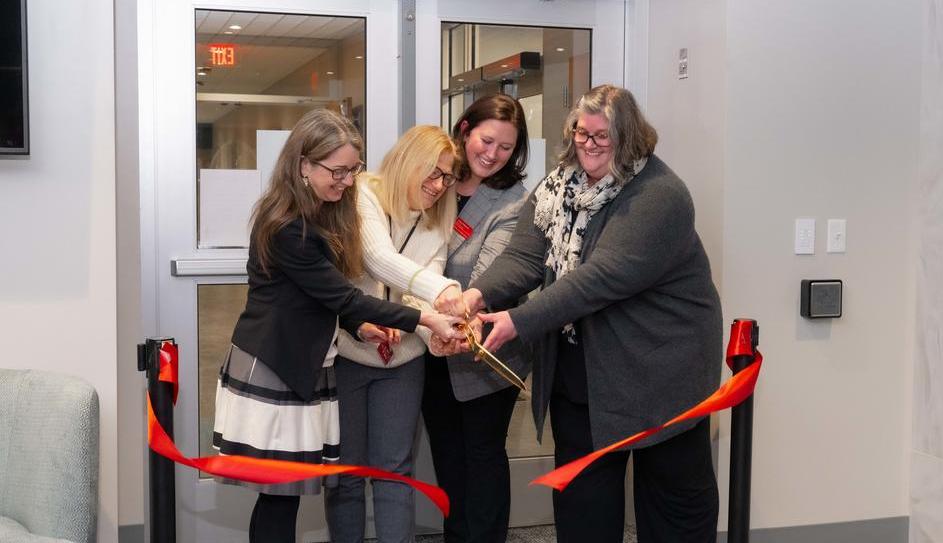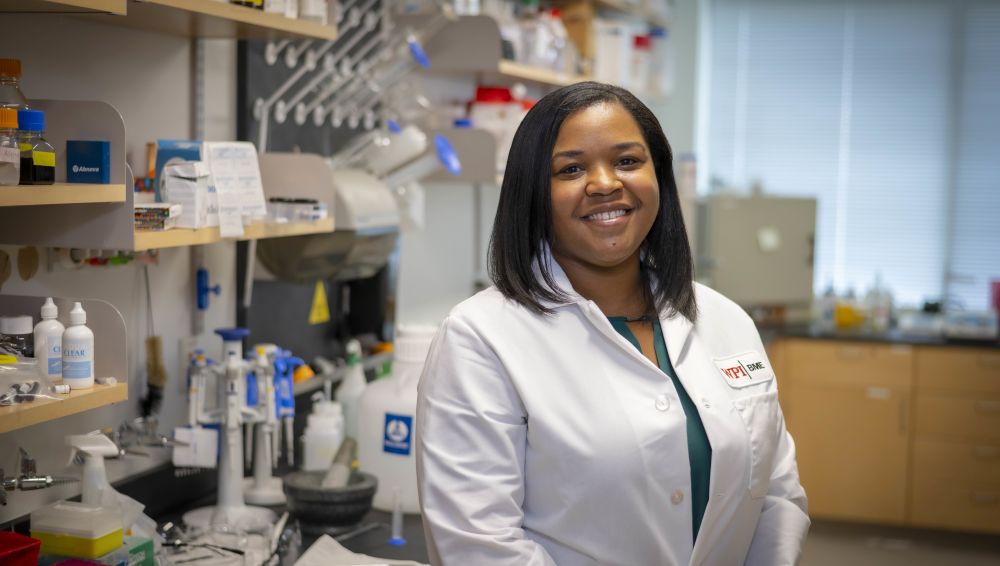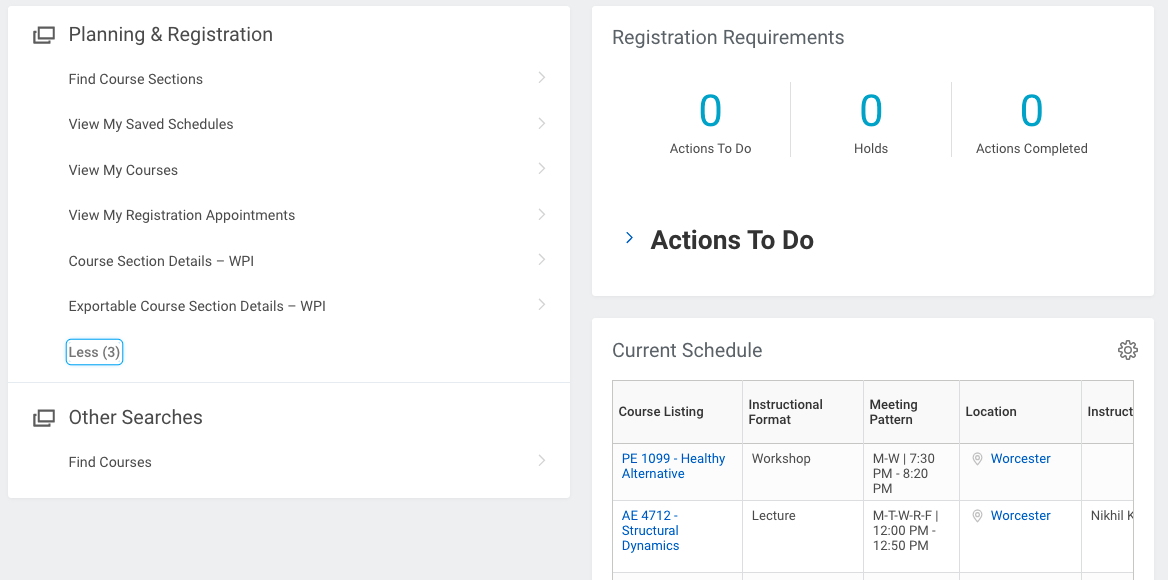WPI sent Sarah Brockway to Australia to put out fires.
Or fire alarms, to be more precise.
The 21-year-old senior from Kennebunk, Maine, traveled halfway across the world for her IQP. She describes her time Down Under as “the biggest growing experience’’ of her life.
Brockway worked with Australasians—a term she learned there that encompasses people in both Australia and New Zealand—to solve a nagging problem: How can they reduce the “insane amount of fire alarms’’ in the two countries?
Her attempt at an answer began stateside, when she studied fire alarm systems and the process involved with changing them and otherwise ensuring they are in good working order.
As she tackled the problem, she learned a lot about fire alarm systems—and a fair amount about human nature and political concerns and how both play undeniable, if intangible, roles in solving issues.
One issue, she discovered, is that Australia is divided into regions known as states, and they vary widely in size. Some states were more like New York City, she says, where high-rise, high-occupancy hotels have fire alarms in each room, increasing the likelihood of piercing and disruptive false alarms.
Other states more closely resembled Montana, with wide, open spaces and few large buildings.
And in these states, the reactions of those in charge of fire suppression also varied. While some areas worked vigilantly to reduce the false alarms, others were more reluctant, because fines for false alarms paid for uniforms and other vital items for the fire department.
“That’s how the world works,’’ she learned.
Brockway’s group looked at other potential solutions, including installing sprinkler systems or changing building codes. Both options, though, were considered too expensive.
The mix of building codes, the small size of hotel rooms, and the location of the fire alarms within rooms all added to the problem, her group decided.
The complexity of the problem and the challenge of the solution guarantees one thing: Whenever a fire alarm goes off, “it definitely makes me think,’’ she says with a laugh.
Her group may not have solved the problem of false alarms, but she did learn vital lessons while on the opposite side of the world.
Brockway is majoring in biomedical engineering, which involves studying the body to create medical devices to help those with physical challenges.
Studying how to reduce false alarms in Melbourne, for example, may have little obvious connection to her major. But that is the point, she says. “They want you to get that experience of getting you out of your realm to look at society’s problems. That makes you a more well-rounded engineer.’’
This is not the only interesting project Brockway has worked on. She spent her summer internship working in Boston on the engineering of baby mattresses created to prevent infant apnea. “It was really interesting,’’ she says.
When she graduates, she decided, she will pursue full-time work rather than graduate school, at least for the time being. The job experience, she says, will help her better recognize what she enjoys and what she should study as a master’s student someday.
Her ultimate goal is to live in her native New England. “I can’t be too far from it,’’ she says.
But for the young woman from coastal Maine, her immediate future is an open road.
“I’m open to anything that comes my way,’’ she says.


